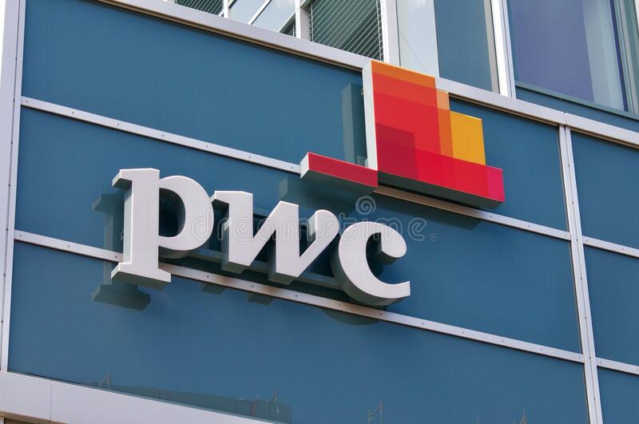GT (Guaranty Trust) Bank Ghana was the most profitable bank in the 2021 for the second consecutive time, the 2022 PwC Ghana Banking Survey Report has revealed.
It recorded 73.6% profit before tax margin in 2021, higher than the 68.8% in 2020.
According to the report, the profit before tax margin for GT Bank increased as a result of the growth in operating income for the period. Net interest income recorded a significant increase of 30% with interest on loans and advances contributing significantly.
Standard Chartered Bank (64.9%) followed in the 2nd position, whilst Absa (64.6%), Access (60.2%) and Zenith Bank (52.5%) placed 3rd, 4th and 5th respectively. Zenith lost its place amongst the top 3 and was replaced by ABSA as the third bank with profit before tax margin of 65%.
All participating banks recorded an increase in profit before tax margin except for Zenith, UBA, First National Bank and Standard Chartered Bank which recorded a decrease of 11.30%, 6.20%, 4.40% and 0.7% respectively.
The industry’s net interest income increased from ¢10.7 billion in 2020 to ¢11.8 billion in 2021 representing a 10% growth.
The increase, the report said, is mainly attributable to a rise in interest income on investment securities. This is explained by the increase in total liquid assets from ¢66 billion in 2020 to ¢82 billion in 2021 representing a 24% growth.
The average interest rate on investment securities increased from 14% in 2020 to 15.5% in 2021. Whereas the average interest rate on investment securities in 2021 was comparable to rates in 2020, improved liquidity within the industry coupled with the post-pandemic cautious approach to lending resulted in increased investments in government securities.
Similarly, interest income from the cash and short-term funds and loans and advances decreased by 52% and 6% respectively, while interest income on government securities increased by 22%.
again, net fees and commission income grew year on year by 16% growth from ¢1.9 billion to ¢2.2 billion. The growth rate is lower than 2020 growth rate of 47%.
This is as result of the high number of onboarding and introduction of new and various digital channel in 2020 when the pandemic was at its highest levels with lockdowns as compared to 2021.
The report there were regulatory reforms with regards to unfair fees, charges and other practices which curtailed some revenue streams from fees and commissions.
Latest Stories
-
Chief of Staff champions exercise culture to promote healthy living among Ghanaians with ‘Walk with Julius’ initiative, calls on corporate Ghana to join JoySports Invitational Tournament
22 minutes -
NSMQ 2025: St Peter’s SHS claims 4th Eastern Regional title after intense showdown with Okuapeman and Pope John’s
33 minutes -
Tera Hodges confirmed as speaker for Africa’s Women’s Day Virtual Celebration 2025
48 minutes -
Gospel artiste Terry Johnson releases soulful new single “Ohe yɛ naakpɛɛ”
2 hours -
Nearly 200 Ghanaian students stranded as gov’t owes University of Memphis $3.6m
2 hours -
At least 14 dead in South Korea floods and landslides
3 hours -
You’ve kept to the objective – Chief of Staff Julius Debrah hails MGL
3 hours -
Cape Coast hosts final leg of National Talent Identification Program for Para athletes
4 hours -
ESG and Boardroom Decisions: How Non-Financial Drivers Shape Financial Outcomes
5 hours -
Robust anti-laundering fight critical for regional stability – Veep
9 hours -
Car ploughs into crowd outside LA nightclub, injuring 30
10 hours -
GNAT President calls for parliamentary legislation to protect reinstated PTAs
12 hours -
NPP Abanga blames his NDC twin brother for his misfortune
13 hours -
NPP Abanga breaks ranks to shield NDC twin brother in ‘galamsey’ accusations
14 hours -
Saminu Abdul Rasheed smashes national record again with 9.84s sprint in Georgia
14 hours

